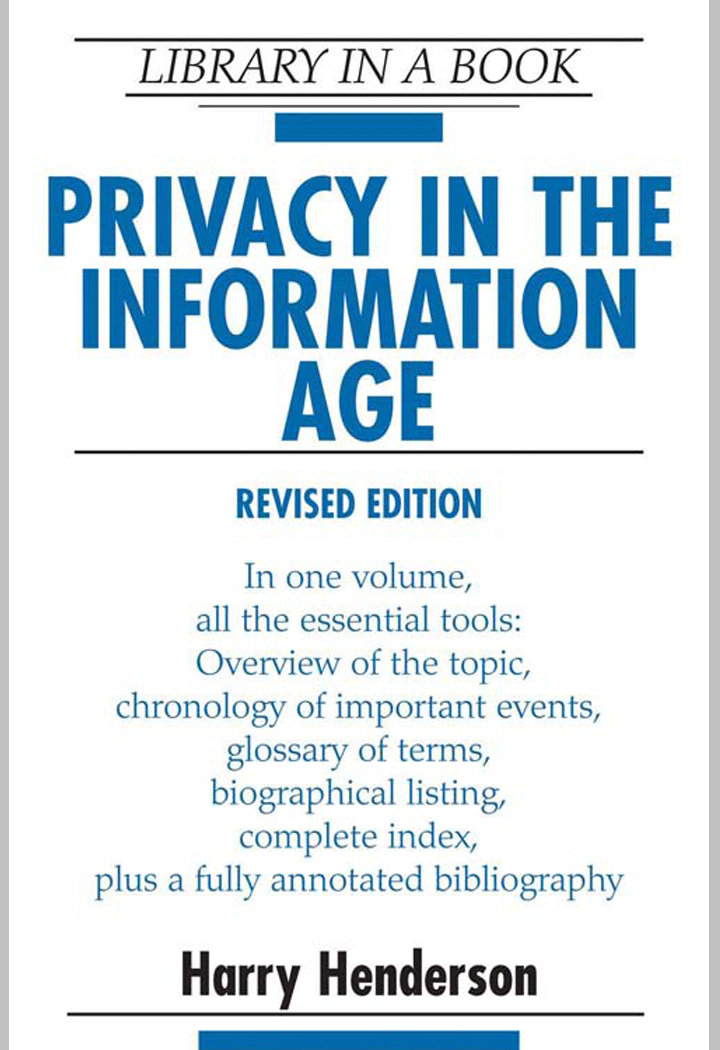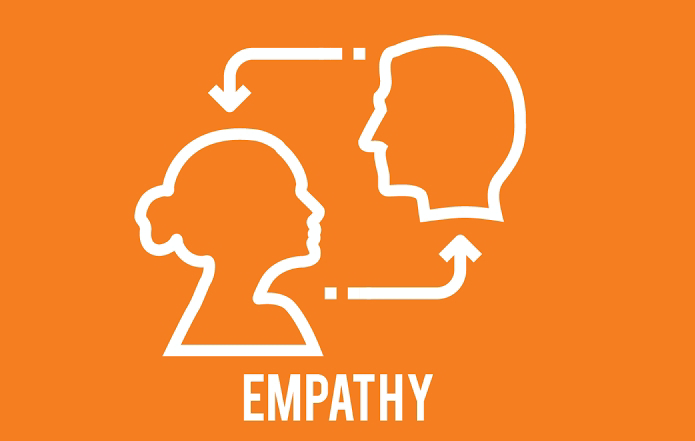My Review of Harry Henderson's Privacy in the Information Age, Revised Edition, Published in 2006.
I read Harry Henderson's Privacy in the Information Age between August 29th and August 30th, 2020. Privacy is a desirable fortune for every human. We all always crave some sense of autonomy - the desire to be spared from unwarranted intrusions either from individuals or corporations. Unfortunately, this desire is becoming a pipe dream as our control of our own privacy is increasingly spiralling out of our control in the current age of internet. In other words, our privacy is not fully guaranteed in this current information age. This is because there has been an explosive growth in our appetite for information and dependence on the internet for it. However, the more we depend on it to fulfil our needs for information, the more we reveal our innermost self which was fondly kept private before the current infiltration of internet into our lives.
The phenomenon of privacy, particularly information privacy is the core preoccupation of Henderson's book which considers the perversion of our sense of autonomy vis-a-vis the increasing growth of technology. Information privacy is "the claim of individuals, groups, or institutions to determine for themselves when, how, and to what extent information about themselves is communicated to others." But how do we effectively control the use of the information we supply in the hospitals, supermarkets, workplace? How secure is our information against identity theft? These are some of the usual questions often raised in relation to the status of our privacy in this information age. The incessant government policy slippage often makes it difficult for these questions to be reliably answered. For this, Henderson argues that "the struggle between competing interests of privacy, anonymity, security and accountability is likely to be with us for foreseeable future."
It is ever true that information is power. However, it has taken a new twist by becoming a prized commodity that can be easily traded in the era of Internet. When we use the internet, every of our activity on it leaves digital footprints that can be readily traced back to us and reveal further undisclosed information about us. These digital footprints can be used by the "Big Brother" and its siblings to monitor our consciousness, choices and aspirations. Thus, technology becomes an effective tool of authoritarianism.
Henderson outlines some insurmountable issues countervailing our assurance of privacy in the current dispensation. Chief among them issues of national security which often necessitates the need for government to secure the lives and properties of the citizens. In the light of this, we must be ready to surrender some personal privacy to serve national interest. The argument for this is that national interest must always supercede personal interest. However, how assured are we that information about us is appropriately and solely used for national interest. Henderson uses a large chunk of the book to consider different laws of privacy and make reference to court cases where this question and its variants are addressed.
In sum, Henderson produces a useful resource for anyone interested in researching privacy issues in the age of internet. Interestingly, it contains chronology of events in the field of privacy, a detailed annotated bibliography and guide to for further research in developments of privacy issues over the years. Despite the inexhaustible merits of the book, its significant focus on the privacy issues in the United States limits universality.



Comments
Post a Comment